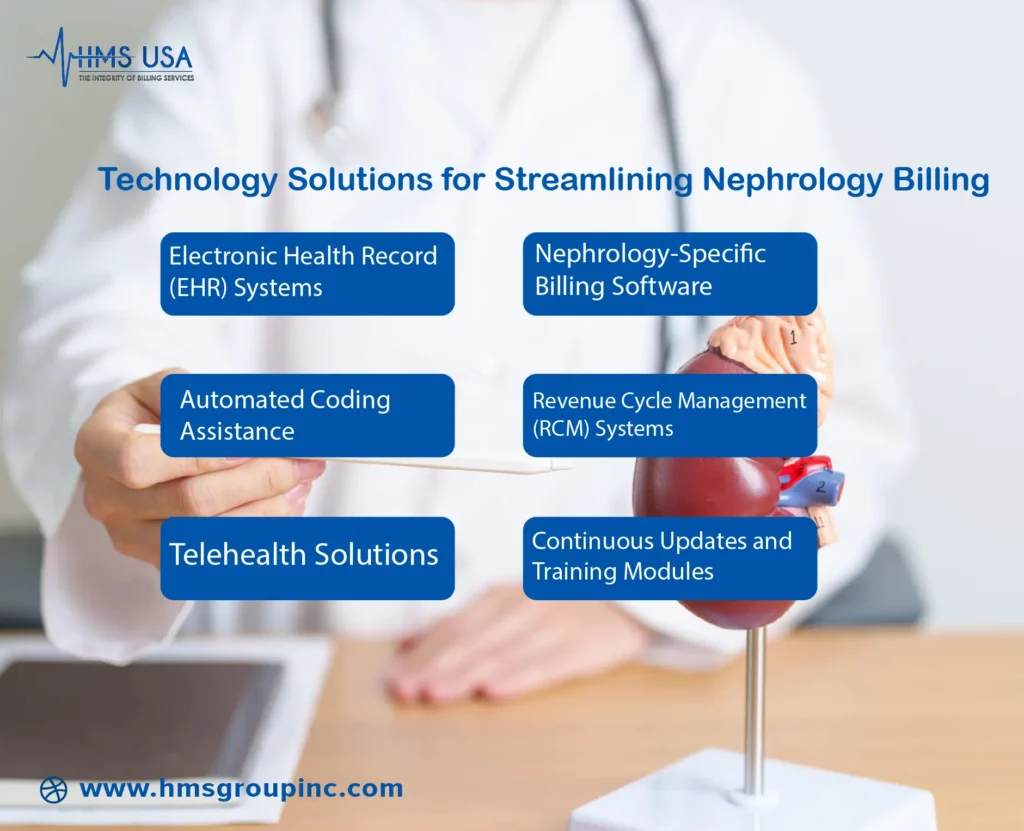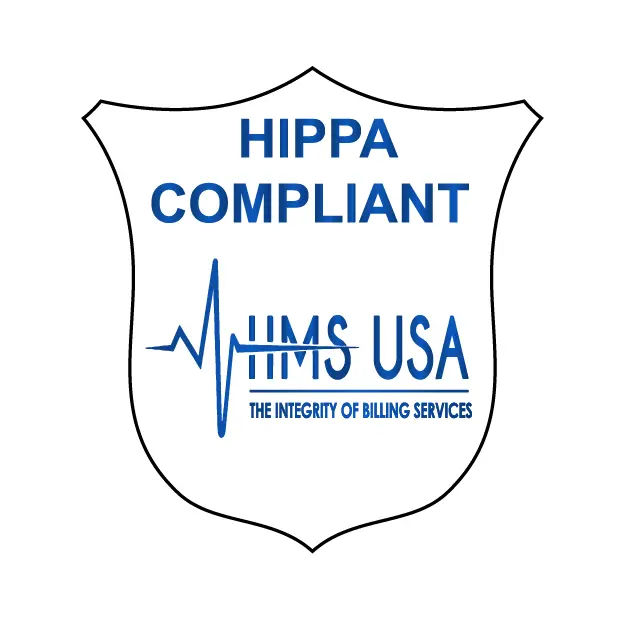
Understanding Nephrology Billing Guidelines: A Comprehensive Guide
Explore the intriguing field of nephrology, where precise invoicing is the key to fair remuneration and compliance with ever-changing regulatory norms. Nephrology billing is a fascinating challenge that requires our attention and knowledge as we navigate renal illnesses and their therapies, ensuring accuracy and adherence to nephrology billing guidelines.
Complexity and specificity distinguish nephrology billing from other healthcare finance fields. Imagine healthcare workers as intrepid navigators, navigating codes and rules to appropriately document many services. This tutorial delves into the diagnosis and procedure codes that underpin nephrology billing.
Join us on this thrilling journey to understand nephrology invoices. We’ll unravel the complexities and equip you to negotiate nephrology billing like a pro. Hold on as we reveal the secrets of precise billing in nephrology, where each code tells a story and every regulation defines fair remuneration and regulatory compliance. Start exploring!
Key Components of Nephrology Billing
Diagnosis Coding in Nephrology
Correct diagnosis coding is essential in nephrology billing since it determines reimbursement and represents the patient’s medical state. Nephrologists must code many renal diseases for billing.
Nephrologists often see CKD phases. CKD severity is appropriately indicated by assigning the relevant ICD-10 codes for phases. ICD-10 code N18.1 denotes Stage 1 CKD, whereas N18.5 represents Stage 5. Acute kidney injury (AKI), nephrotic syndrome, and renal cysts are other prevalent nephrology diseases. A smooth billing process requires precise diagnosis coding.
Procedure Coding for Nephrology Services
Nephrology Billing Guidelines
ICD-10 Coding for Nephrology Conditions
Understanding the wide terrain of nephrology diseases for ICD-10 coding is crucial for effective billing. These tips will help you code nephrology conditions:
Specificity Matters
Choose the most accurate patient condition code. In nephrology, this generally entails identifying CKD stages or nephrotic syndrome types.
Familiarize Yourself with Guidelines
Keep up with ICD-10 coding guidelines, especially nephrology-specific ones. Check CMS or medical association updates regularly.
Documentation is Key
Ensure medical records accurately reflect the patient’s condition. Detail-oriented documentation helps justify the medical need of services and improves coding accuracy.
Review and Audit
Review and audit coding techniques regularly to find mistakes and improvements. This proactive strategy ensures billing accuracy and compliance.
CPT Coding for Nephrology Procedures
Understanding nephrology CPT codes is essential for accurate invoicing. Key factors are listed below:
Hemodialysis Procedures
Learn about CPT codes for hemodialysis, a popular nephrology technique. For instance, CPT codes 90935 and 90937 distinguish hemodialysis with or without recurrent evaluations.
Transplant Procedures
Code renal transplant procedures accurately using CPT codes like 50300 for a renal transplant with immediate revascularization. Pay attention to the specific details of the procedure to select the appropriate code.
Consistent Updates
Monitor CPT code and guideline modifications. Changes may reflect medical advances or clarify coding procedures.
Documentation and Coding Alignment
Verify that documentation matches codes. Accurate invoicing requires a clear correlation between services and codes.
Challenges in Nephrology Billing and Coding
Nephrology billing and coding presents unique issues, and understanding them is the first step to solving them.
- Nephrology coding is complicated due to the range of illnesses and methods. This complexity can cause coding mistakes if not handled carefully.
- Coding requirements and laws change frequently, making it difficult to keep up. Nephrology billers must be educated to avoid noncompliance.
- Insufficient or imprecise documentation hinders correct coding. Healthcare providers and coders must collaborate to close documentation gaps.
Solutions and Strategies
Consider these methods to solve these obstacles:
- Train nephrology billing experts on code revisions and best practices.
- Find and fix coding issues using regular audits. A proactive strategy can reduce billing errors and enhance accuracy.
- Encourage healthcare providers, coders, and administrative personnel to communicate to resolve documentation difficulties and assure coding correctness.
Technology Solutions for Streamlining Nephrology Billing

Technology helps improve nephrology billing efficiency and accuracy in the ever-changing healthcare market. Innovative software, tools, and EHR systems have simplified nephrology billing processes. Let’s go through how technology is improving nephrology billing.
Electronic Health Record (EHR) Systems
Digital patient information management solutions from Electronic Health Record systems are essential in modern healthcare. Nephrology billing relies on EHRs to centralize patient interactions, diagnosis, treatments, and other data. These solutions increase data accuracy and streamline healthcare provider-billing professional contact.
Nephrology-Specific Billing Software
To handle kidney-related billing and coding, nephrology billing software has emerged. These solutions frequently include nephrology-specific code sets, templates, and compliance features. Using nephrology billing software improves code selection, lowers errors, and streamlines billing.
Automated Coding Assistance
Advanced technology allows automated coding help systems to examine clinical paperwork and recommend codes using artificial intelligence. These tools help billing professionals stay current with coding requirements and improve nephrology billing accuracy by reducing manual coding time and effort.
Revenue Cycle Management (RCM) Systems
Integrated revenue cycle management solutions optimize healthcare finances, including nephrology billing. From patient registration to claim submission and reimbursement, RCM systems streamline billing. These technologies improve revenue cycle efficiency and transparency by automating tasks, controlling denials, and delivering real-time information.
Telehealth Solutions
Telehealth in nephrology changes billing. Telehealth allows remote patient consultations and integrated billing. They let doctors record virtual visits, collect billing data, and incorporate it into the nephrology billing cycle.
Continuous Updates and Training Modules
Technology solutions generally include upgrades and training to stay up with nephrology billing’s changing nature. These features keep healthcare professionals and billing staff up-to-date on coding norms, compliance requirements, and technology.
Get more information: Neurology Coding Tips and Billing Guidelines
Conclusion
This look into nephrology billing guidelines and coding has illuminated the complex processes healthcare practitioners must follow to ensure appropriate reimbursement and regulatory compliance.
Precise nephrology invoicing ensures fair pay and regulatory compliance. Healthcare practitioners and billing specialists must grasp how nephrology billing and coding affects patient care, financial stability, and regulatory compliance. Correct coding is a professional duty and ensures ethical billing and patient care.
Accurate billing and coding in nephrology is more than simply financial remuneration; it shows healthcare professionals’ commitment to excellent care and medical ethics. Remember that your skills and dedication shape the future of nephrology billing and coding as you navigate this changing terrain.
FAQs
Accurate nephrology billing protects billing integrity by compensating providers fairly and complying with regulations.
Kidney illnesses and treatments are complex and particular, making nephrology billing difficult. To document services, healthcare workers must traverse a thicket of codes and standards.
Healthcare practitioners use nephrology billing rules to document services accurately. They give vital, precise invoicing rules and regulations.
Nephrology coding best practices include staying current on coding changes, documenting thoroughly, using code lookup tools, and fostering compliance in healthcare institutions.
Nephrology coding specialists need ongoing training to adapt to coding changes, improve accuracy and efficiency, comply with regulations, support professional development, and reduce errors.











